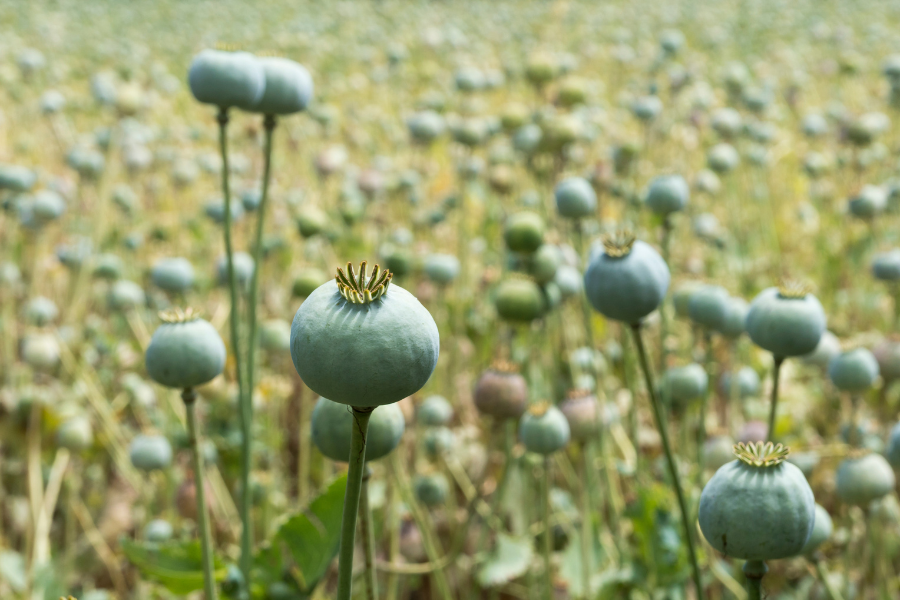Following a drug ban imposed by the de facto authorities in April 2022, Afghanistan’s opium cultivation plummets 95%, from 233,000 hectares in 2022 to 10,800 hectares in 2023, according to a new research report by the United Nations Office on Drugs and Crime (UNODC). This has affected both opium supply, dropping from 6,200 tons in 2022 to 333 tons in 2023, and farmer’s income which fell 92%, from $1,360 million in 2022 to $110 million in 2023.
Ghada Waly, the Executive Director of UNODC, emphasizes the pressing humanitarian crisis facing the people of Afghanistan: “Today, Afghanistan’s people need urgent humanitarian assistance to meet their most immediate needs, to absorb the shock of lost income and to save lives … And over the coming months, Afghanistan is in dire need of strong investment in sustainable livelihoods, to provide Afghan farmers with opportunities away from opium.”






